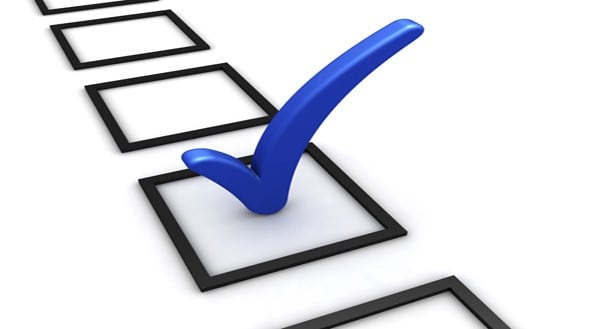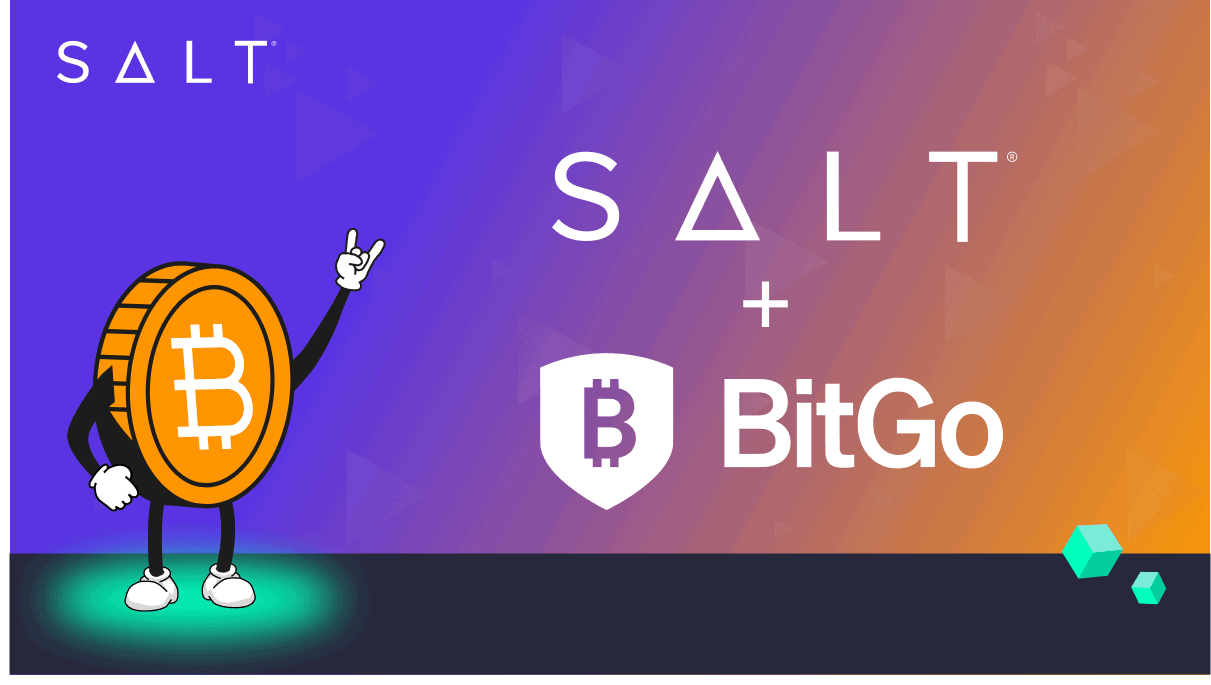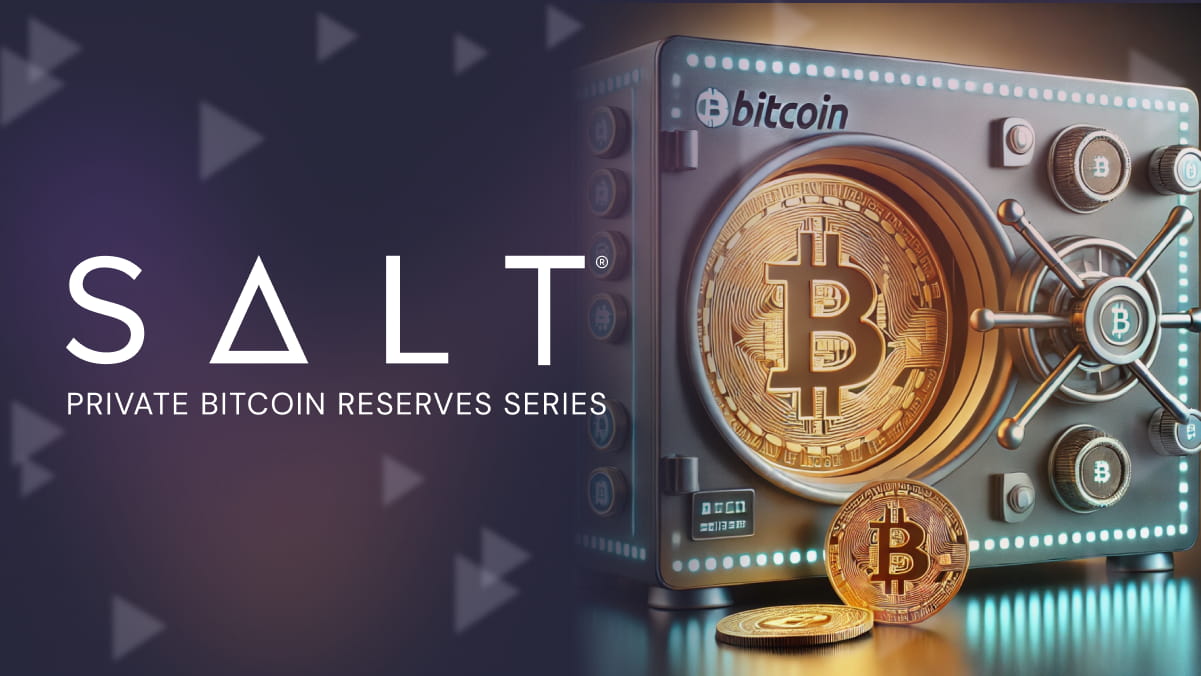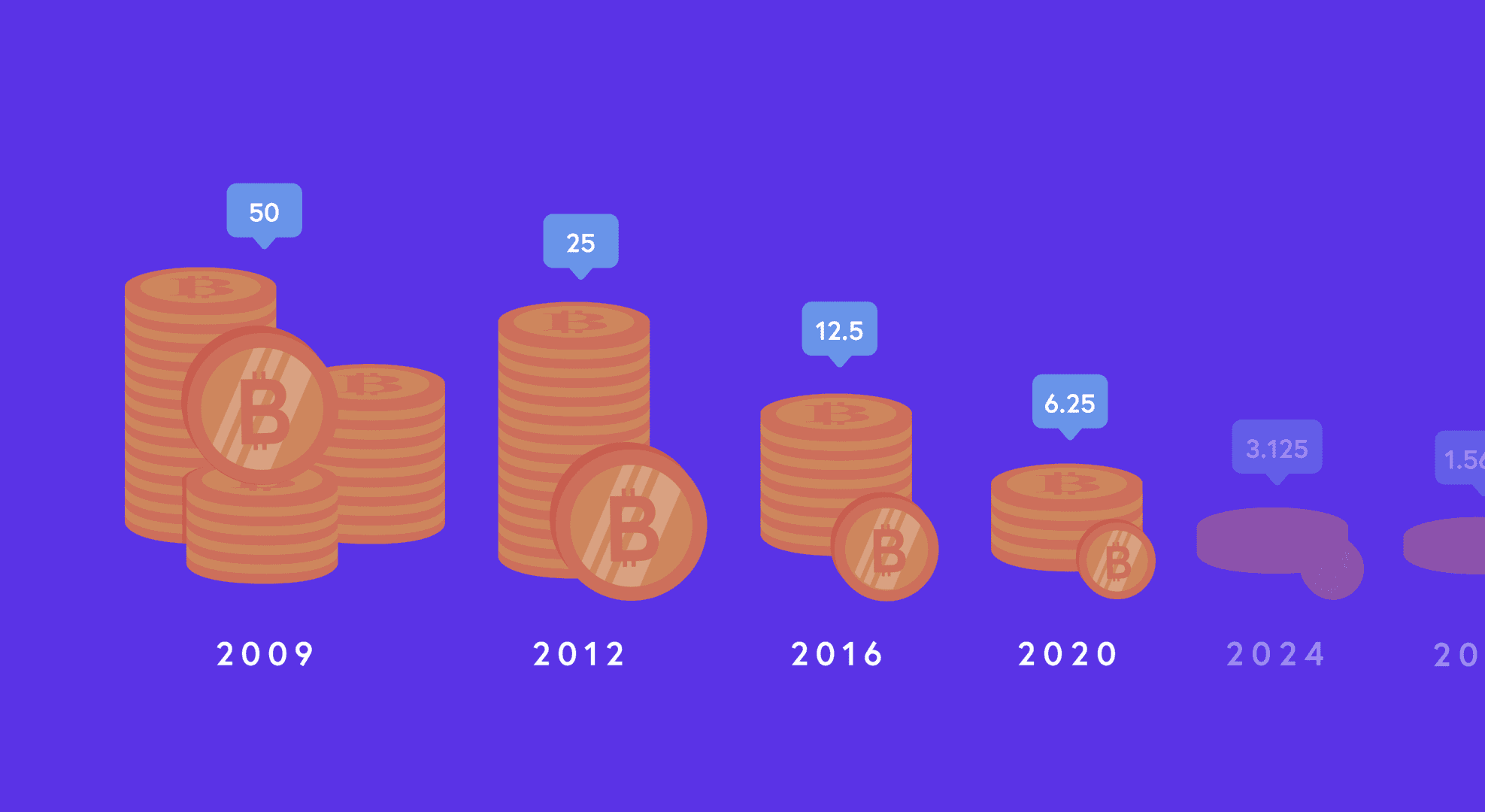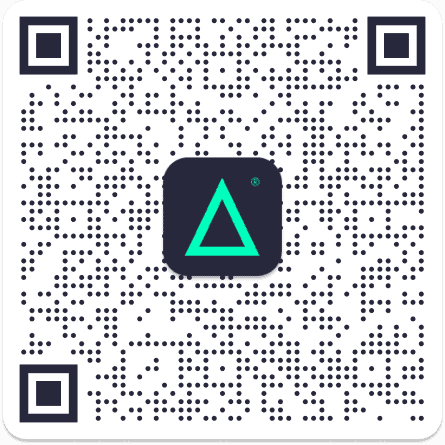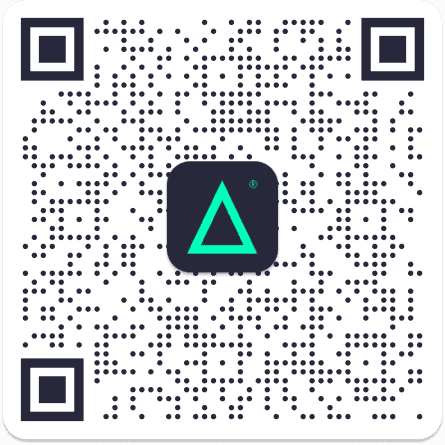If you can “vote” for Bitcoin on the blockchain, why not vote for leaders, worldwide?
Blockchain technology is reshaping the world before our eyes at an exhilarating pace. Many people are familiar with blockchain through Bitcoin, the world’s first cryptocurrency. However, the power of Bitcoin comes from the underlying technologies of advanced cryptography and decentralized data storage. The combination of decentralization and cryptography enables data to be securely stored, transparent, and permanent. The combination of these features is seemingly perfect for many industries to the extent that governments and corporations around the world are investing billions of dollars with projections of $2.1 Billion in 2018 alone.
One of the earliest brass rings to be identified was to establish a system of fair voting. Given the virtues of the right to vote, it is essential that every measure is taken to ensure that votes are cast without coercion, are recorded accurately, and counted fairly. Many people remember the disaster of the “hanging chad” that marred the 2000 US presidential election and resulted in litigation before the Florida Supreme Court. Paper voting systems are being phased out to be replaced with electronic voting systems. Many of which present a variety of new hurdles.
With new technology comes new problems. Independent studies have revealed serious vulnerabilities that can be exploited by hackers to manipulate voting data. In fact at DefCon, a hacking conference, a revelation demonstrated that with hackers can invade practically every machine with alarming ease.
Enter Agora, a Swiss foundation focused on digital solutions for voting. In March, Agora was permitted to be an independent observer by Sierra Leone’s National Electoral Commission (NEC) to test their blockchain technology. While Agora didn’t provide the capability for each vote to be recorded initially on a blockchain, voting results were handed off from the NEC to Agora to be displayed publicly. A statement by Agora mentioned that the goal was to demonstrate their capabilities and serve as a foundation for future cooperation with the NEC.
Today the blockchains of Bitcoin and Ethereum record votes relating to each transaction in real-time. This fact enables a future voting system where the electoral process is transparent and void of disputes. This goal of making a better world through increased empowerment and lessened corruption is in alignment with many leaders in the blockchain world. It’s just this one guy’s opinion that since the world is moving to smart phones where you can easily purchase Bitcoin, being able to vote on your phone is a natural progression. With increased access and ease of voting, more voices will be heard which is how things “should be”.
It’s been fascinating to learn about this. To read more from some of the (unaffiliated to SALT) sources I’ve been reading lately, please visit: https://goo.gl/Nmnasy, https://goo.gl/jkQw6B, and https://goo.gl/zsoaUh
Written by Sten Wie, PhD — SALT Customer Experience


